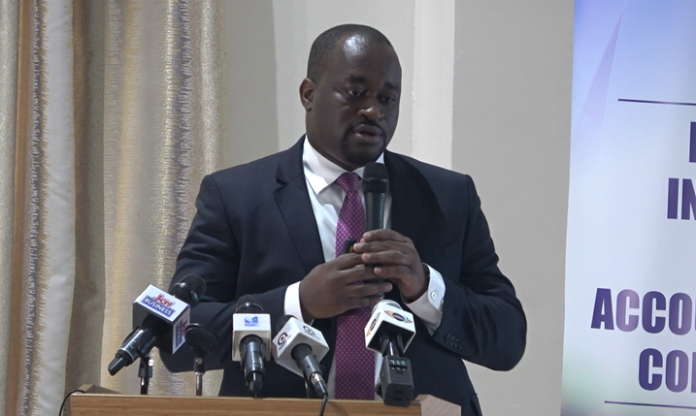Economist Dr. Theo Acheampong has praised the 24-hour economy framework as a bold and thoughtful attempt at addressing Ghana’s long-standing economic challenges.
He warned though, that real progress depends on execution.
According to Dr. Acheampong, the newly launched program is an important step forward, not just in its ambition but in the structure it presents.
Unlike previous government policies, which often lacked follow-through, he says this initiative makes a deliberate shift from being a broad “policy” to an actual program complete with proposed work streams, value chains, and a theory of change.
“Too often in the past, we’ve heard about government policies that come with no real roadmap. This document is different,” he said during a discussion on the initiative. “It tries to spell out not only what we want to do, but also how we expect to get there,” he said on TV3’s KeyPoints on July 5.
Dr. Acheampong emphasized the importance of anchoring the document within a “theory of change”, a framework that outlines what inputs go into the program, what outputs are expected, and what impact it aims to make over time.
He called for the next phase of the rollout to include clear, measurable timelines and benchmarks that track implementation over months and years not just broad goals.
He warned that without this clarity, “we risk spending a lot of money and then not being able to tell what impact it had.”
Similarly, a Professor of Finance at the University of Ghana, Godfred Bokpin called on government to adopt the rigorous data reporting and monitoring systems used in IMF programs to make the 24-hour economy effective and transparent.
Bokpin praised the IMF-supported program for its binding timelines, regular reviews, and transparency.
“Every six months, there’s a board review. The data is made public. That level of discipline builds credibility,” he explained.
He argued that the 24-hour economy needs similar internal mechanisms: timelines, performance indicators, data tracking, and public reviews.
“Let the sector ministers know their performance will be assessed and made public. That creates accountability,” he said.
He further recommended that national programs should rely more on Ghana’s own data, rather than waiting for World Bank or IMF assessments.
“Almost all our development assessments reference external data. That has to change. We need to internalize data generation to make our policies people-centered,”he suggested.
Prof. Bokpin believes that a culture of public performance reviews and evidence-based evaluations will protect national policies from politics and foster long-term success.
“Let’s not wait for the IMF to hold us accountable. We must hold ourselves accountable. Ghana must learn to do the hard work of tracking itself,” he noted.
By Christabel Success Treve













